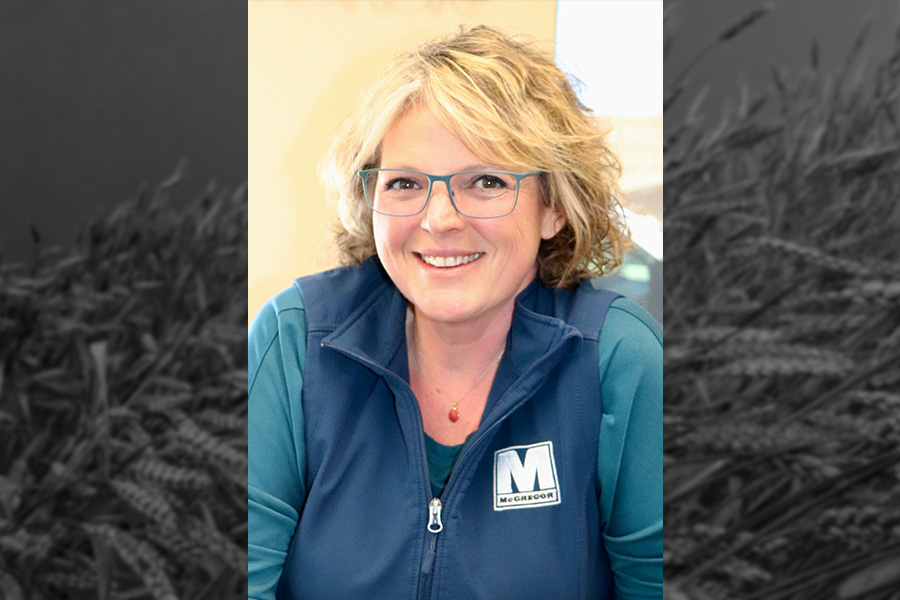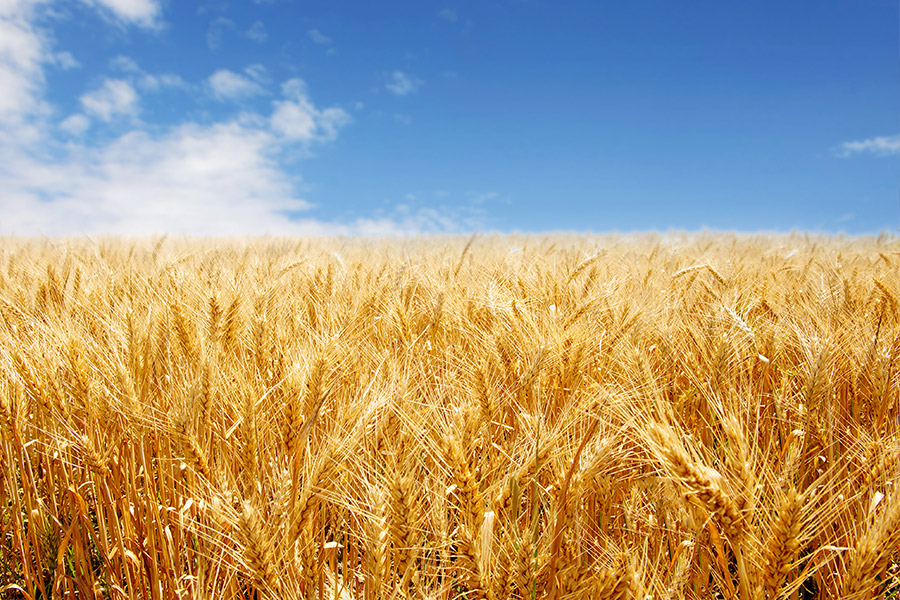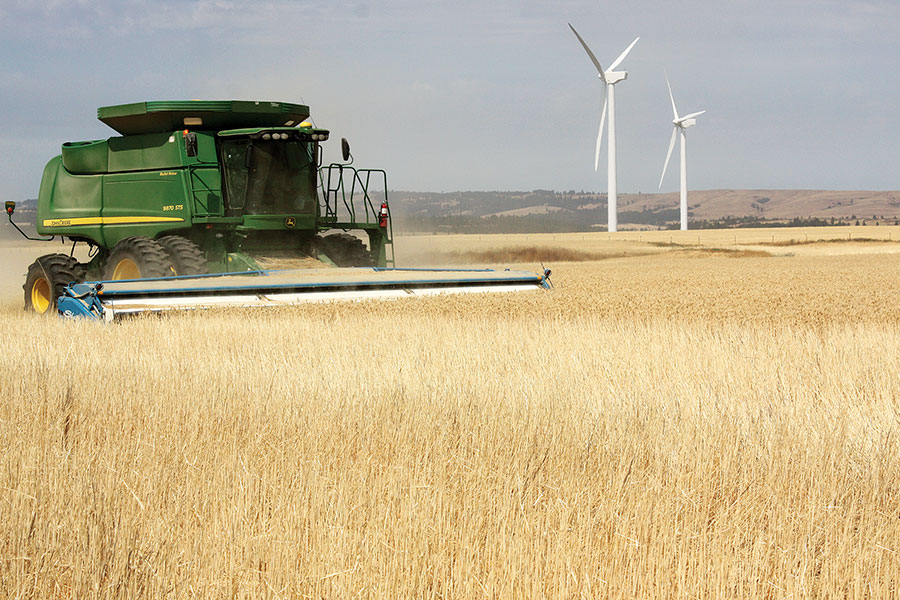Posts by Guest Author
‘The Operator’s Manual’
He never farmed very large,Just enough to raise a family.Yet his funeral set recordsAt the church in the country. After purchasing his property,I began to make it mine.The machinery was all spent,But, oh, the land was fine. It wasn’t much of a shop,Too little for equipment.So few were the toolsTo repair an implement. Rather simple…
Read MoreHomegrown scientist returns to PNW wheat industry
It would seem Cat Salois was destined to be involved in the Pacific Northwest (PNW) wheat industry. Her father was raised on a farm near Goldendale, and Salois was born in the fertile Willamette Valley in Oregon. Both of her parents earned degrees from Washington State University (WSU). Before the family moved to North Dakota…
Read More5 ways to (finally) kick-start your financial plan
For many people, the idea of long-term financial planning may seem like that dentist visit or home repair project you keep putting off — you know you’ll have to do it eventually, but actually sitting down and organizing your budget, portfolio, estate, and retirement plans, all while juggling a career, family life, and a never-ending…
Read MoreImproving the odds
“When should I sell my wheat?” This question is something every wheat grower has to work through each crop year, but there is an implied condition that is not stated. “When should I sell my wheat and get a good price!” No one wants to sell their wheat at a low price, but the wheat…
Read MoreNew NRCS conservation practice available
The Natural Resources Conservation Service in Washington (NRCS-WA) has begun to implement Conservation Harvest Management (NRCS Interim Conservation Practice Standard 809) to help increase sustainable agricultural practices in the wheat producer community. The conservation practice focuses on harvest or management techniques that optimize the amount, orientation, and distribution of plant residue left standing or laying…
Read More2025 legislative preview
On Jan. 13, 2025, the Washington State Legislature will be back in session. There will be a lot of new faces, including a new governor (Bob Ferguson), commissioner of public lands (Dave Upthegrove), and a couple dozen new legislators. The Washington Association of Wheat Growers (WAWG) will need to do a lot of education with…
Read MoreBreaking out the breakout sessions
The breakout sessions at the 2024 Tri-State Grain Growers Convention ran the gamut from advice for successful lobbying to a global wheat market outlook to thinking critically about barley’s future. Here’s a recap of some of those sessions. Soft white projected to lead rise in U.S. exports The “Global Wheat Trade and Marketing” session provided…
Read MoreNitrogen Stewardship
Nitrogen is all around us. It is a colorless and odorless gas converted into a fertilizer for food production. Are nitrogen fertilizers helpful or harmful? How and when can it be applied to make the most impact in an ever-changing farming landscape? I turned to the insights of two seasoned farmers, Jack DeWitt and Jim…
Read MoreThe Flour Power Blues
Workday is starting,Dark morning hues.In my truck mumblingThe flour power blues. Farm’s name is D.E.T.Initials? Would be nice.But here’s another thought:I “Do Everything Twice!” Wheat is very tough,But coffee talk will flow.Nine or ten crop failuresBefore we’ll really know. If a tree falls in the forest,Does it make a sound?If a sprayer stays in the…
Read MoreLegislative work is anything but routine
In January, I traveled to Olympia with the Washington Association of Wheat Growers (WAWG). I had the opportunity to meet with legislators to discuss the current agricultural issues of 2024. During this trip, I had the opportunity to engage with legislators, see some of the process, and gain a deeper understanding of how all these…
Read More













